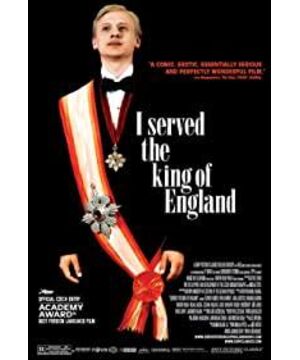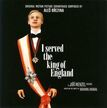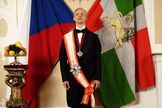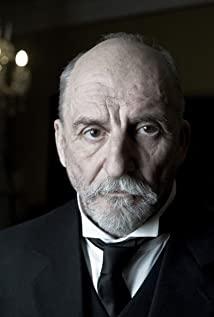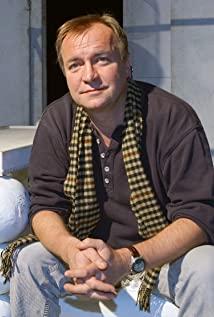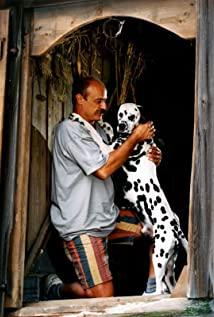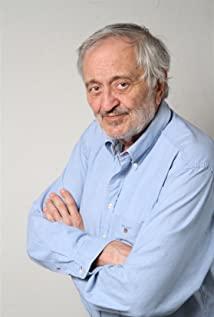Czech Film Week
01.22 I served King Elie Manzo of England / Czech Republic 2006
01.23 Snowdrop Festival Elie Manzo / Czech Republic 1984
01.24 The Train Under Watch Ely Manzo / Czech Republic 1966
01.25 Prague Etude Jan Sverak / Czech Republic 2007
01.26 Young School Tree Jan Sverak / Czech Republic 1991
01.27 Give me a dad Jan Sverak / Czech 1996
01.28 Spring in Autumn Ladimir Mitchell / Czech Republic 2001
"A year with 365 movies is a new year"
January 22, 2018 Day 18
Title: I served the King of England Obsluhoval jsem anglického krále
Director: Eli Manzo / Czech Republic 2006
Length: 120 minutes
"All my happiness comes from the misfortunes of life."
This is the first sentence at the beginning of the movie.
Hrabal, the original author of the novel for the film, once wrote, "The light of life is born from the fire, and the fire is born from the death of wood." Destruction accidentally creates beauty, sadness breeds joy at the same time. There may be no absolute boundaries in this world.
This is a sad movie written with a laugh. Comedy isn't necessarily the only thing that makes people laugh, and tears aren't all sadness either.
I have been watching Eli Manzo's films for two consecutive nights, and found that the characters under his lens are mostly soft, humorous, and even absurd. Even if the background of the era is full of shadows, people are bright and bright, and people can always rely on their own temperament to discover those pleasures that only they know, and to resolve the problems that arise from time to time in life.
Going back to the movie, in fact, this movie has a very big idea. From around World War II to the era of socialism, it spans nearly decades of historical changes in Czechoslovakia, and the narrative background is very broad. But at the same time, the movie is very small, so small that it only focuses on the personal experience of a low-level servant. Imagine a servant's decades, even if it is a dramatic life, it is nothing more than changing from one restaurant to another restaurant, only limited to The distance between the dining table and the dining table, those trivial matters of eating and drinking.
But the tension of the film, between this "big" and a "small", is fully endowed with possibility.
The film is narrated in the first person "I", "I" is a small man. The little man's dream is to become a millionaire, have his own restaurant, love the girl he likes, and that's it. But the little man lived in Czechoslovakia in the 1930s, and the social situation was unpredictable. Even if he doesn't listen to things outside the window, he is just a young man who is eager to pursue success and has no sense of belonging, but he can't help but be swayed by the general trend of the rushing times.
Any change is followed by destruction, erasing the past. The wealthy businessmen and politicians in the Czech Republic before the war had to hide in their rooms to commit suicide in the face of the German army outside the door in World War II; the Germans who stood at the top of the social chain in World War II fled after the war, and the Germans in the Sudetenland left behind There are only ruins and messes; after the start of socialist construction, the once glorious rich people have been purged one after another, and their wealth has become a shackle that brings misfortune.
Seeing him rise from a tall building, seeing him banqueting guests, seeing his building collapse. At any time, a new rising force will pull down the people standing on the high point and step into the dust. In the ups and downs of the tide, there are no winners who stay out of the way, only the tide-seekers, the swimmers, and the majority who have drowned. The tide-seeker of the last moment may soon become a sunken corpse. No one was spared.
No one character's social status in this film is fixed, absolute. Everyone seems to be standing on the deck of a ship, the tide ebbs and flows, up and down, completely unpredictable for the next second.
The protagonist doesn't care about war or politics, but he is still involved in this wave. The manager once said to him: "If you want to see everything, you want to see nothing." He tried to be a bystander, reflecting the changes of the big times and the fate of different people from his eyes. He is also one of the most difficult to ignore among these people. After every change of flags, unexpected turning points will appear in his life.
When the fate of a country and people are closely linked, every choice made by an individual may not be right or wrong, it is just a choice based on instinct, living, and living for a long time is the only reason.
There is a scene near the end of the movie. The protagonist erects three mirrors in the cabin. The small mirrors reflect the different stages of "I" in the previous chapters. "I" looks at himself with the eyes of a bystander. The past becomes clearer than ever. As the narration of the movie said: "I am like a prosecutor who judges myself and defends myself at the same time." Maybe people never really understand themselves because they cannot see themselves.
I went to see Herabar's book because of this movie, although it's not this "I served the king of England", but his other famous book "Too Loud Silence", but the interesting thing is that the book A passage of , which coincidentally reappears in this movie-
"What a man leaves in the end is just enough phosphorus to make a box of matches, and at best enough iron to make a leech nail that a grown man can hang."
In the movie, the old man who fell wood in the woods also said the same thing. It is not so much a conclusion about death, but a profound comment on living. A box of matches and a nail can be used to derive a near-infinite state in the form of life, in which the entire universe and the world are contained. When we are alive, we are fortunate enough to witness this miracle of living.
The original text was published on the personal WeChat public account: Pause Day
View more about Obsluhoval jsem anglického krále reviews


